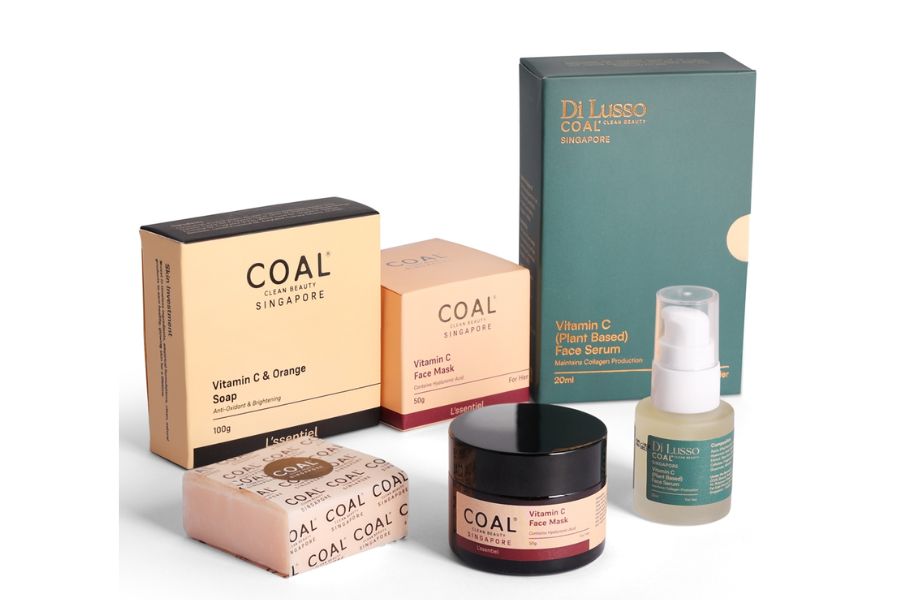CURB POLLUTION PLASTIC WASTE NATIONAL
NEW DELHI, INDIA
By IFAB MEDIA - NEWS BUREAU - September 15, 2023 | 86 4 minutes read
A step to curb pollution caused by littered, unmanaged plastic waste is the clarion call towards restraining plastic use worldwide. Over 380 million tonnes of plastic is produced every year globally, with single-use plastic forming a sizeable part of it. Around 8-10 million tonnes of plastic is estimated to enter the oceans annually, affecting over 600 marine species. Only a small percentage of plastic waste is effectively recycled; the rest ends up in landfills, incinerators or as litter.
India’s share of this menace is 3.4 million tonnes of plastic waste production yearly, with only 30% of it qualifying for recycling. The country’s ban on the manufacture, import, stocking, distribution, sale and use of identified single-use plastic items, which have low utility and high littering potential. Not to overlook, this industry produces more than 120 billion units of packaging every year globally, most of which are not recyclable. In fact, these billion units, which are used for a mere few minutes of experience, have lived on our planet for centuries.
COAL Clean Beauty has adopted state-of-the-art sustainable measures, thus contributing their share to a clean and green environment.
For instance, the brand’s in-store sampling makes use of glass containers. With glass being infinitely recyclable without being compromised, products that come in glass can be a viable solution, for they are widely accepted for reprocessing.
Cardboard and cork are a few more biodegradable options that come with innovative solutions. COAL luxury skincare range ‘Di Lusso’ has been thoughtfully designed, making use of a kappa board. Not only it add an element of luxe to the packaging, but it keeps intact the ideology of being eco-friendly.
Manufacturers should take complete onus for the collection and recycling of their plastic products. COAL paper bags abide by the need and have been crafted responsibly.
The brand’s transition to almost plastic-free shipping and making use of cardboard delivery boxes is yet another step aligning with its commitment to sustainability.
The refillable model is another great move, for it prolongs the use of material value whilst minimising the new materials needed and lowering transport costs and CO2 emissions.
Being transparent in communication about reducing plastic use on its website, social media, packaging, and marketing material has helped COAL raise awareness amongst its consumers.
With greener packaging and better recycling strategies, the beauty industry can contribute to reducing plastic footprint. It’s a chance to innovate new products for the consumer experience and a means to make an individual’s contribution to the environment.
COAL has done its bit for now, and much more is to be achieved. Let’s exchange synergies with the brand and make India stand ecologically tall globally. The journey of a thousand miles begins with a single step.









